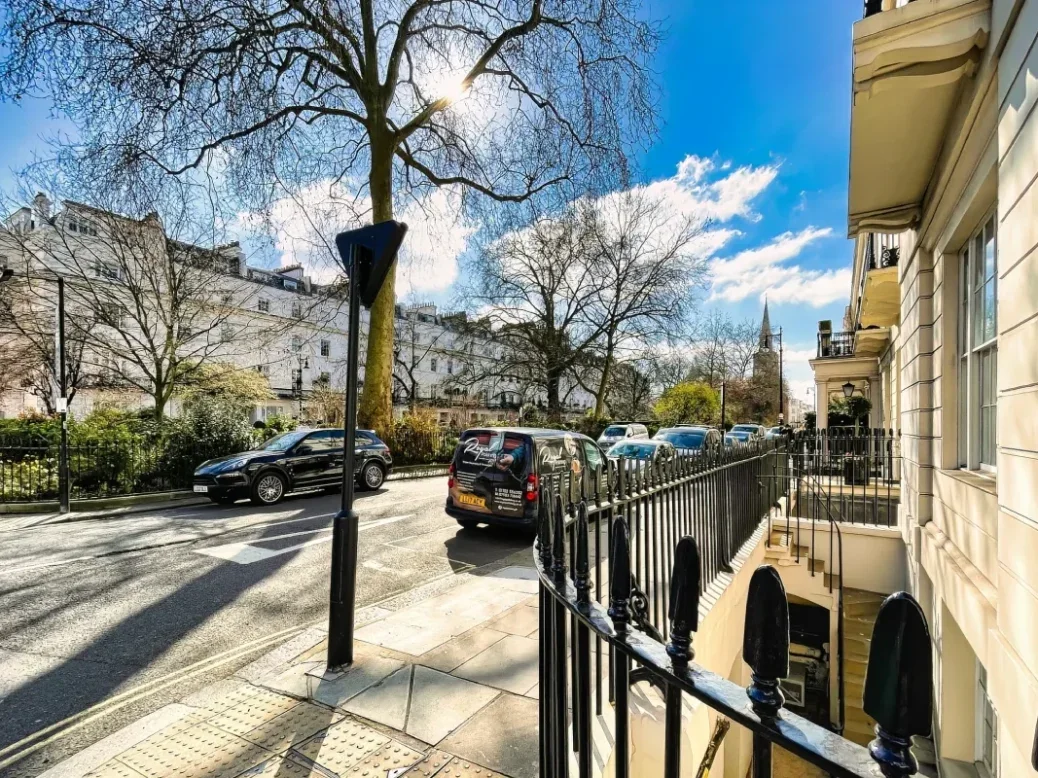
In a significant decision with potentially far-reaching implications for internationally mobile high-net-worth individuals, the UK Supreme Court reaffirmed the ‘Immovables Rule’ in the case involving Georgy Bedzhamov, a Russian national declared bankrupt in Moscow.
The ruling underscored the long-standing principle that land situated in England and Wales is governed exclusively by English law, limiting the jurisdiction of foreign courts over such property.
The case centred on a Belgravia property, owned by Bedzhamov, a Russian fugitive and former businessman who was declared bankrupt in 2018.
Bedzhamov is the former head of Russia’s bobsleigh federation and investor in Vneshprombank, a firm at the centre of a one of Russia’s largest-ever bank collapses.
[See also: Russian billionaires begin legal challenges against UK sanctions]
The Immovables rule and its application
The Immovables Rule, a key tenet of private international law, establishes that rights and interests in land are determined solely by the laws of the country where the land is located. In the Bedzhamov case, this rule proved decisive.
The Supreme Court ruled that Bedzhamov’s trustee in bankruptcy, appointed in Russia, could not take possession of his London property at 17 Belgrave Square.
Robin Henry, partner and head of dispute resolution at Collyer Bristow, said: ‘The Supreme Court’s decision is in line with the long-established principle that interests in land are governed by English law alone.
‘The ruling highlights the limits of the English courts’ willingness to assist foreign insolvency officeholders in cases involving immovable property within England and Wales.’
In 2018, Bedzhamov was declared bankrupt in Moscow, and Kireeva was appointed as his trustee in bankruptcy. By that time, Bedzhamov had moved to England.
Kireeva sought recognition of the Russian bankruptcy order and her role as trustee at common law. She further requested orders to claim possession of the Belgrave Square property and permission to question Bedzhamov regarding his assets in England.
The Supreme Court declined to grant the requested relief, emphasising that the Immovables Rule barred foreign jurisdiction over land in England and Wales.
Exceptions to the rule
The ruling also addressed potential exceptions to the Immovables Rule. Had Bedzhamov’s centre of main interests (COMI) been in Russia, his trustee’s claim might have been upheld under an exception allowing recognition of foreign insolvency proceedings where the debtor’s COMI aligns with the initiating jurisdiction. However, evidence showed that Bedzhamov had left Russia in 2015.
[See also: The best debt advisory specialists in 2024]
Implications for internationally mobile HNWs
This decision is particularly significant for HNWs with global property portfolios, reinforcing the protection afforded to immovable property in England and Wales under English law. At a time when the UK is scrutinizing its attractiveness to wealth holders, the clarity of property rights in this jurisdiction offers both reassurance and limitations to international creditors and trustees in bankruptcy.
While the English courts are generally willing to assist foreign insolvency officeholders, their powers are constrained in cases like this one.
However, as Henry points out: ‘Where foreign insolvency proceedings do not originate in the debtor’s COMI or in a country benefiting from statutory assistance, the English courts cannot assist with claims to land in England and Wales.’
[See also: Sir Nicholas Mostyn, ex-judge and family law legend, on his next chapter]
This landmark ruling reiterates the territorial sovereignty of English law over immovable property and serves as a reminder to HNWs and insolvency practitioners to navigate cross-border insolvency carefully. As the global mobility of wealth continues to grow, cases like this one highlight the enduring importance of understanding the interplay between domestic property laws and international insolvency principles.
Henry said: ‘This significance of the decision is that, while there is a general common law principle that the English courts have the power to assist foreign insolvency officeholders so far as they can, where foreign insolvency proceedings do not originate in a country where the bankrupt’s centre of main interests lies, or in countries (largely in the Commonwealth) which benefit from statutory powers of assistance from the courts under s.426 of the Insolvency Act 1986, the courts do not have the power to assist a foreign trustee in bankruptcy’s claim to land in England and Wales.’







